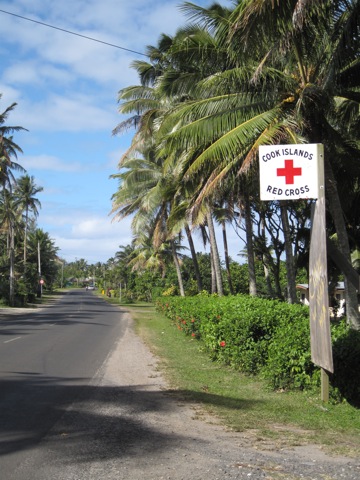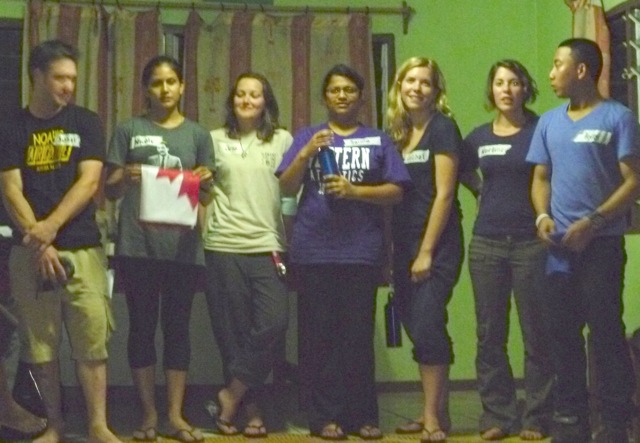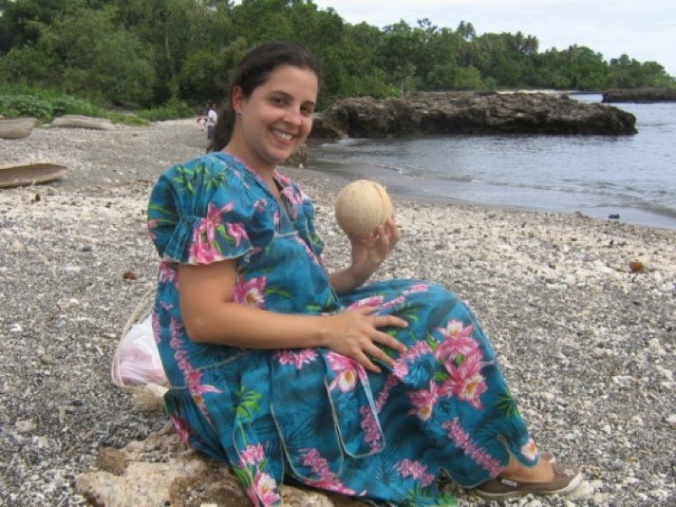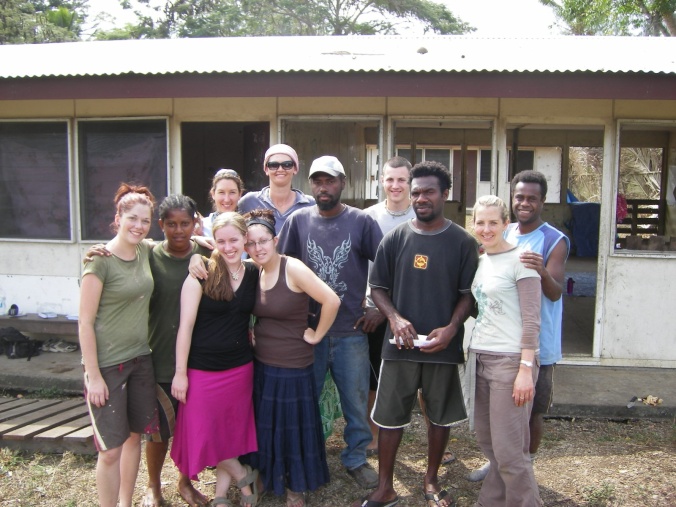In honour of Vanuatu’s 30th Independence Day celebrations this weekend, it only seemed appropriate to feature an alumni of our Vanuatu program. Cynthia Thomson, volunteered in Vanuatu in 2006. Since then, she has remained engaged with YCI, through the Alumni Mentorship Program. She also represented YCI at the World Youth Bank Open House in 2007. Read on to learn more about what she’s up to now.

Name: Cynthia Thomson
YCI Project: Emua, Vanuatu – Youth Skills Summit, Summer 2006
Why volunteer? I volunteer because I like to use my skills to help others.My passion right now is educating people about climate change and the steps we can take to mitigate it and adapt to it.
How did it all begin? I was sitting in a Methods of Geographical Research class during my third year at the University of Ottawa and I asked a classmate of mine, who was about to graduate, what she was doing after graduation. Her answer was volunteering with YCI in Costa Rica. I immediately pulled up the website and looked at places they offered to volunteer. I originally thought of going to Guyana because of its proximity, but having always had a fascination with Pacific islands I thought,”If I’m going to do this, I’m really going to do this.” That night I told my dad that after graduation I was going to go to Vanuatu. I don’t think he believed a word I said. A year and a half later I was sitting on an airplane destined for Vanuatu.
Most memorable YCI moment: Really, I have to chose just one? One of the fondest memories I have is the truck ride home from Emua to Port Vila at the end of our project. Our group had ups and downs but we had become very close by the end of our stay. At one point we were all in the truck, the wind blowing through our hair, smiles from ear to ear, the ocean to our right, the lush green landscape to the left. Everyone was silent, processing the previous five weeks. It was a really good moment.
What are you up to now? I recently completed an MA in Climate and Society. As part of my research I traveled to Fiji and the Cook Islands with the Red Cross Climate Centre to study the effects of natural climate variability and climate change on the Pacific region. After graduation, I began working on climate change and food security issues. Currently, my interest lies in climate change adaptation strategies at a very small scale.


